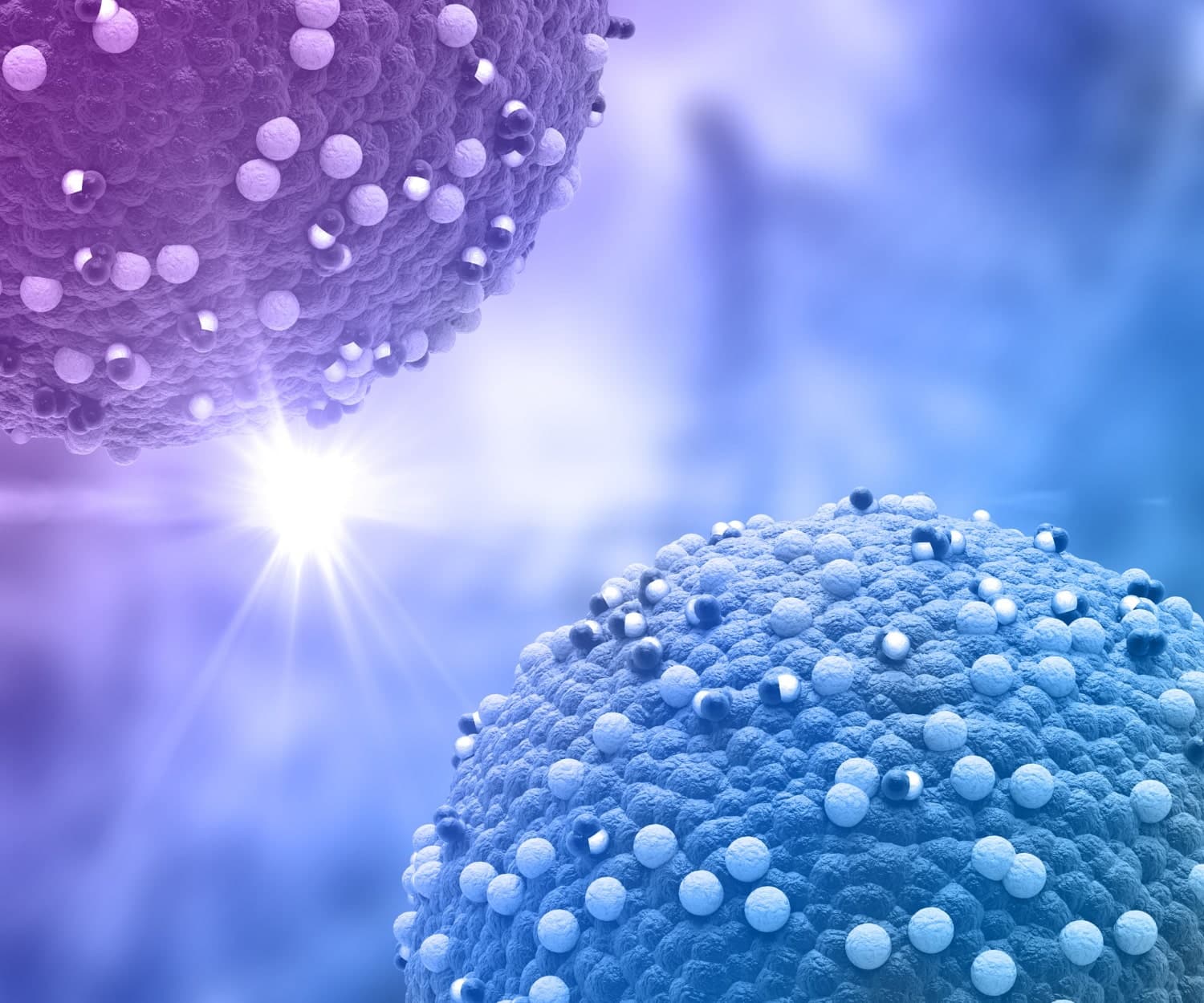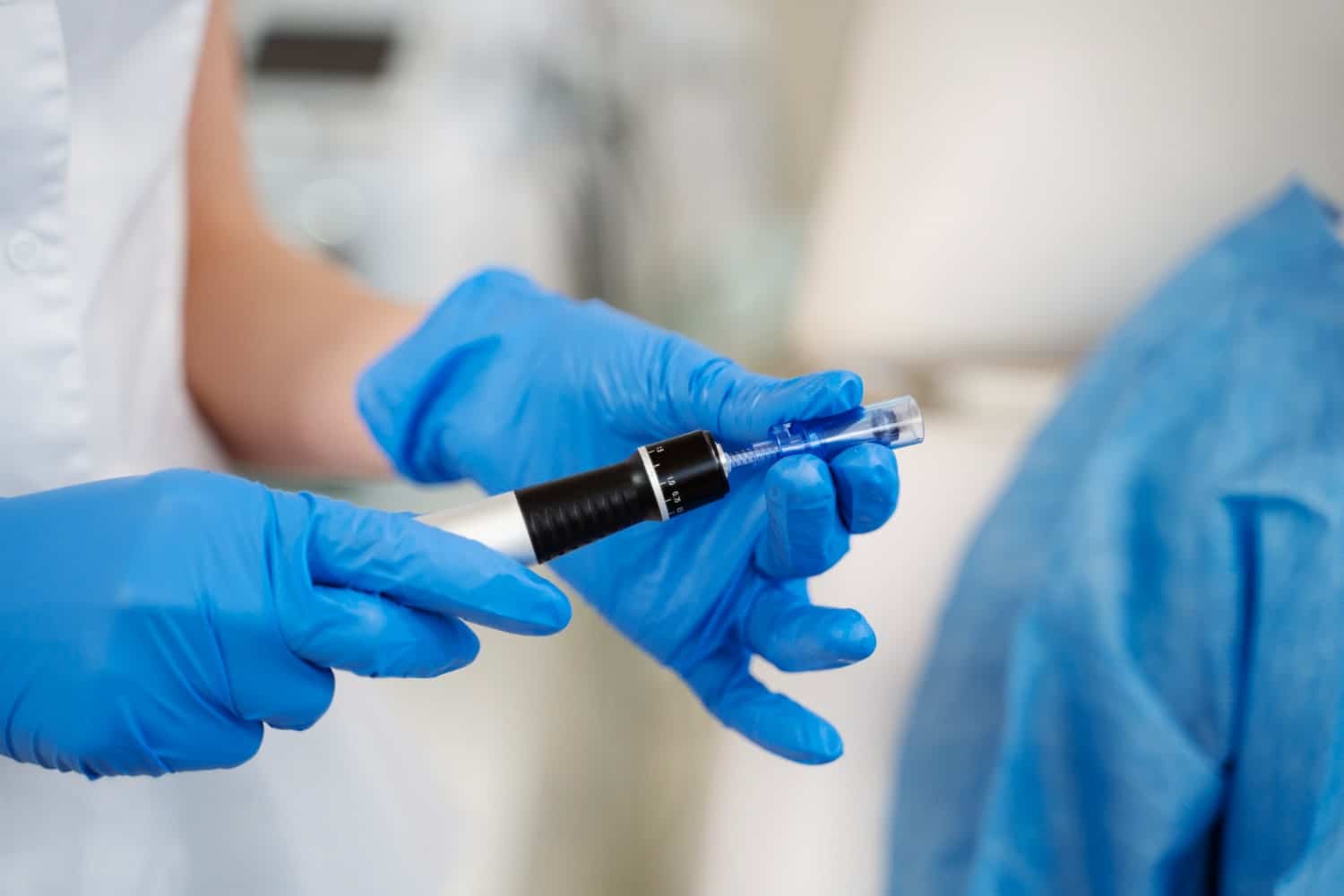In the realm of modern medicine, a groundbreaking science is emerging, promising to redefine our understanding of healing and regeneration. Imagine a world where the secret to unlocking your body’s full healing potential lies within you. This isn’t the plot of a sci-fi novel but the reality of autologous exosome isolation. A revolutionary science that’s paving the way for extraordinary advances in medical treatments. Let’s embark on a fascinating journey to explore this incredible technology. And its potential to transform healthcare as we know it.
Introduction to Exosomes
Exosomes, the tiny vesicles released by virtually all types of cells, are more than just cellular debris. They are sophisticated messengers, carrying a treasure trove of biological information in the form of proteins, lipids, and RNA molecules. These particles, often described as bubbles, play a pivotal role in the intricate dance of cell-to-cell communication. Facilitating a vast array of physiological processes that underpin our health and well-being.
The significance of exosomes extends far beyond their diminutive size. In the realm of regenerative medicine and diagnostics, exosomes are emerging as powerful tools. They offer a window into the cellular environment. Providing insights into the health and disease state of cells without direct access to the cells themselves. This feature is particularly promising for the early detection of diseases. Including cancer, where exosomes can serve as biomarkers, revealing the presence of disease before traditional symptoms manifest.
Exosomes: Nature’s Nanoscale Messengers Revolutionizing Regenerative Medicine and Diagnostics
Moreover, exosomes are instrumental in tissue repair and regeneration. They carry growth factors, cytokines, and genetic material that can influence cell behavior, promote healing, and modulate immune responses. This capability positions exosomes as key players in developing novel therapeutic strategies aimed at repairing damaged tissues. From heart muscle after a myocardial infarction to neural tissue affected by stroke or degenerative diseases.
The buzz surrounding exosome research is well-founded. As we delve deeper into their potential, exosomes are revealing themselves as versatile and powerful entities capable of transforming our approach to medicine. Their ability to facilitate communication between cells, transport vital molecules across the body, and influence the healing process opens new avenues for treating a wide range of conditions. Heralding a new era in precision and regenerative medicine.
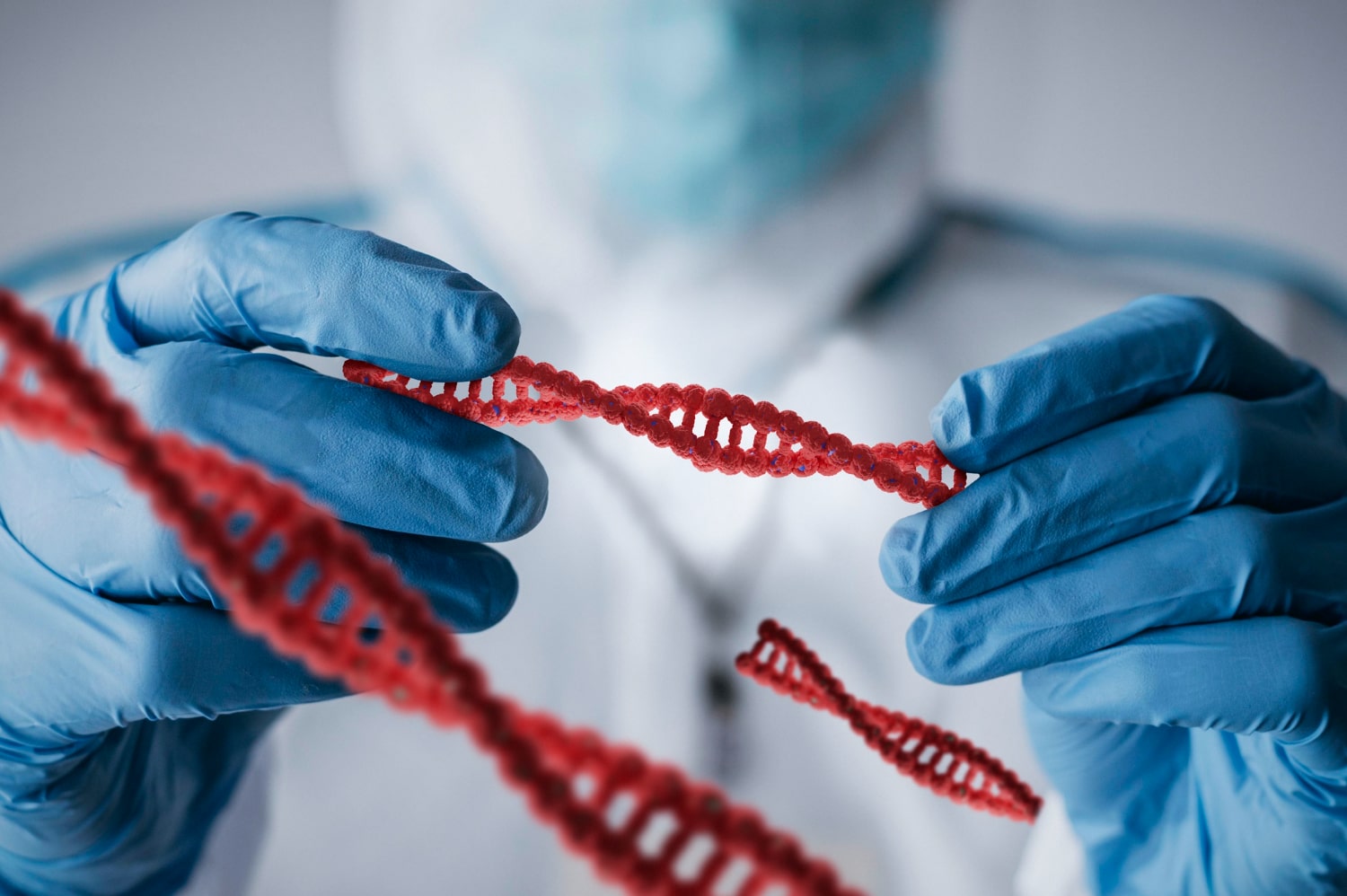
What is Autologous Exosome Isolation?
Autologous exosome isolation represents a pioneering approach in the field of personalized medicine. Where treatments are tailored to the unique biological characteristics of the individual. This process involves extracting exosomes, the body’s own cellular messengers, from an individual’s biological samples, such as blood or tissue. The beauty of this method lies in its use of the patient’s own biological material. Ensuring a natural compatibility unmatched by generic treatments. This intrinsic match significantly reduces the likelihood of immune rejection and minimizes potential adverse reactions. Making it a safer alternative to conventional therapies.
The therapeutic potential of these self-derived exosomes is vast and varied. By harnessing the body’s own healing mechanisms, autologous exosome therapy opens doors to innovative treatments across a spectrum of conditions. These exosomes carry specific proteins, RNA, and other molecules that have the power to repair damaged tissue, modulate immune responses. And even combat aging processes at the cellular level. Their application ranges from accelerating wound healing and aiding in the recovery from injuries to offering new hope in the battle against chronic diseases and degenerative conditions.
Autologous Exosome Isolation: Personalizing Medicine with the Body’s Own Healing Messengers
In addition to their therapeutic applications, autologous exosome isolation stands as a testament to the advancements in precision medicine. By focusing on the individual’s specific biological environment, this approach enables the development of highly personalized treatment plans. As research progresses, the potential of autologous exosomes continues to unfold, promising a future where medicine is not only about treating symptoms. But fundamentally restoring health by leveraging the body’s innate capabilities. This paradigm shift toward utilizing the body’s own exosomes for healing underscores a move towards more natural, effective, and personalized healthcare solutions.
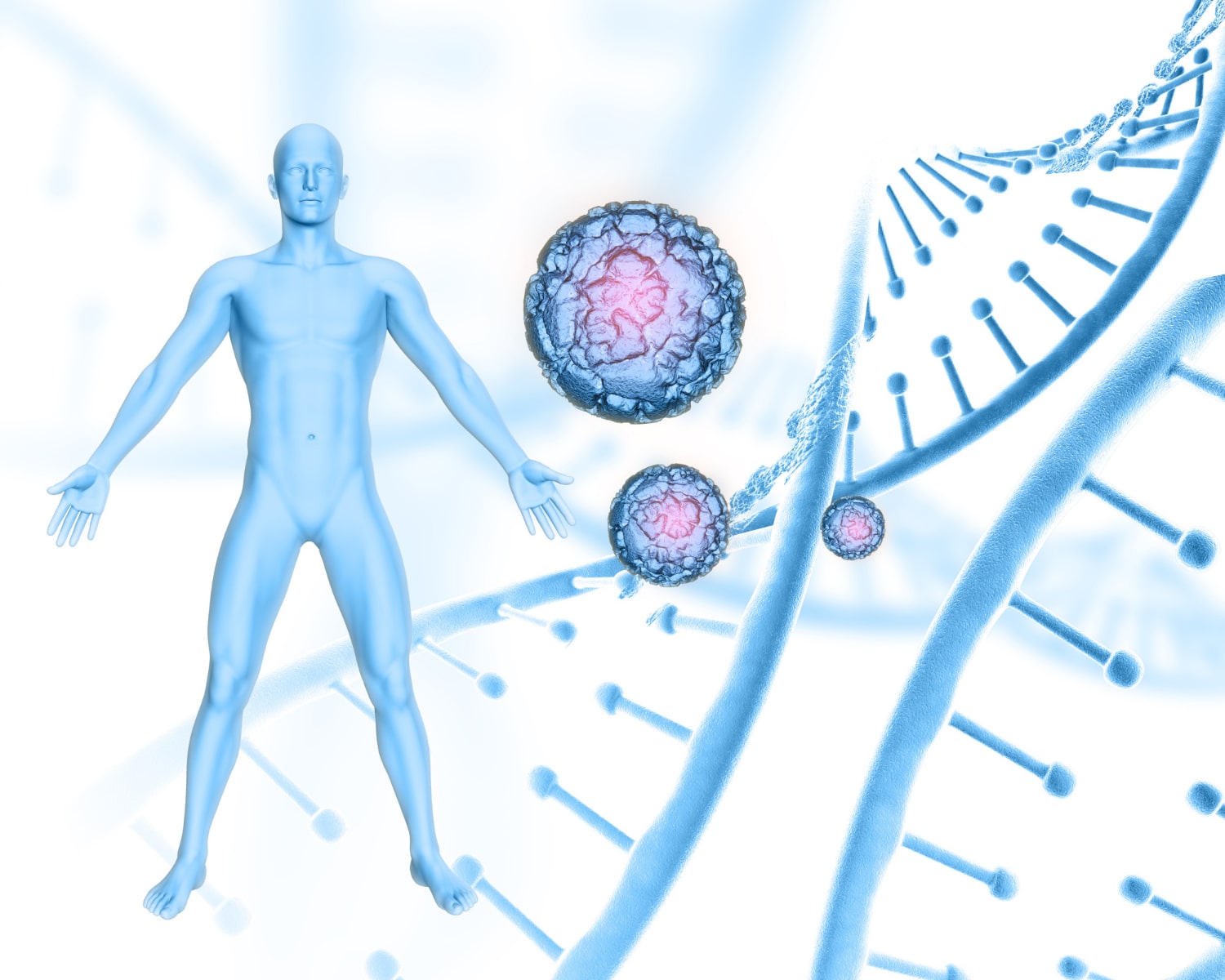
The Science Behind the Process
The science behind autologous exosome isolation is a testament to the remarkable progress in biomedical engineering and molecular biology. This intricate process leverages advanced technologies to meticulously extract and purify exosomes from an individual’s own biological samples. The primary goal is to isolate these nanoscale vesicles with high fidelity. Also ensuring that they retain their functional integrity for therapeutic applications.
Ultracentrifugation, one of the cornerstone techniques in this process, utilizes centrifugal force to stratify different cellular components based on their density. Samples are spun at incredibly high speeds, often exceeding 100,000 g, to separate exosomes from cells, proteins, and other debris. This method is prized for its ability to yield highly concentrated exosome preparations. Making it a gold standard in exosome isolation.
Alternatively, filtration techniques offer a different approach, using size-exclusion principles to isolate exosomes. Through a series of filters with specific pore sizes, this method effectively separates exosomes from larger or smaller particles. Filtration is often lauded for its simplicity and scalability, making it an attractive option for both research and clinical applications.
Deciphering Autologous Exosome Isolation: Advanced Techniques Fueling Therapeutic Innovations
Beyond these methods, recent advancements have introduced novel isolation techniques. Such as immunoaffinity capture, which targets specific markers on the exosome surface, allowing for the selective isolation of exosome subpopulations. This specificity can be particularly beneficial when the therapeutic intent involves targeting specific pathways or diseases.
The science of autologous exosome isolation is not just about separation. But also about preserving the biological activity of these vesicles. Ensuring the exosomes remain functional after isolation is crucial. As their efficacy as therapeutic agents depends on their ability to deliver messages between cells. This blend of sophisticated isolation techniques and a deep understanding of exosome biology is what makes autologous exosome therapy a promising frontier in regenerative medicine and beyond. As we continue to refine these processes, the potential for personalized, exosome-based treatments becomes increasingly tangible. Offering new hope for patients seeking alternatives to traditional therapies.
Benefits of Autologous Exosome Therapy
Autologous exosome therapy heralds a new era in personalized medicine. Leveraging the body’s innate mechanisms to facilitate healing and regeneration. The utilization of one’s own exosomes as a therapeutic tool offers a multitude of benefits, rooted in their biocompatibility and potent biological activity. By employing these naturally occurring vesicles, we tap into a sophisticated system of intercellular communication. Harnessing their ability to carry and deliver specific molecular messages to targeted cells. This unique attribute makes autologous exosome therapy a highly promising approach for a wide range of medical applications.
One of the most significant advantages of this therapy is the minimized risk of immune rejection. Since the exosomes are sourced directly from the patient, they are inherently recognized as “self” by the body’s immune system. Which dramatically reduces the likelihood of adverse reactions. This compatibility is particularly critical in treatments that require frequent or long-term administration. Where immune responses to foreign agents can compromise safety and efficacy.

Unlocking Healing Potential: The Multifaceted Benefits of Autologous Exosome Therapy
Moreover, autologous exosome therapy has the potential to revolutionize regenerative medicine. These vesicles can be loaded with specific proteins, RNA, and other molecules that promote tissue repair and regeneration. For patients suffering from chronic wounds, for instance, exosome therapy can accelerate the healing process, reducing recovery times and improving outcomes. Similarly, in the context of tissue regeneration, exosomes can stimulate the repair of damaged organs or tissues, offering hope for conditions that currently have limited treatment options.
The anti-aging potential of autologous exosome therapy is another area of great interest. By enhancing cellular communication and promoting the renewal of aged or damaged cells, exosomes can contribute to healthier, more resilient tissues, potentially delaying the onset of age-related decline and improving skin vitality and appearance.
In summary, the benefits of autologous exosome therapy are profound and multifaceted. With its ability to minimize immune rejection, enhance tissue repair and regeneration, and offer anti-aging benefits, this innovative approach stands at the forefront of personalized medicine, promising to deliver more effective, safer, and highly tailored treatments to patients around the globe.
Real-World Applications and Success Stories
The transition of autologous exosome therapy from theoretical promise to practical application has been nothing short of revolutionary. But offering tangible benefits in diverse medical fields. Real-world applications of this cutting-edge therapy have provided compelling success stories. As well underscoring its potential to transform lives.
In the realm of sports medicine, athletes suffering from injuries have experienced accelerated healing processes thanks to autologous exosome therapy. Traditional recovery timelines for injuries such as torn ligaments or muscle strains have been significantly reduced. But also enabling athletes to return to their peak performance levels more quickly. This rapid recovery is attributed to the exosomes’ ability to promote cell proliferation and tissue regeneration. And directly addressing the injury site with precision and efficiency.
The autologous exosome therapy success
Moreover, the impact of autologous exosome therapy extends beyond the sports arena into more chronic and complex medical conditions. Patients with degenerative diseases, for example, have reported remarkable improvements in their symptoms and overall quality of life. Conditions such as osteoarthritis, which were once deemed progressive and irreversible, have seen signs of tissue repair and reduced inflammation, offering patients relief and renewed hope.
Success stories in skin rejuvenation and anti-aging treatments have also been prevalent, where individuals have noticed significant improvements in skin texture, elasticity, and overall appearance. By harnessing the regenerative properties of exosomes, these therapies have provided a non-invasive alternative to traditional cosmetic procedures, yielding natural and lasting results.
These real-world applications and success stories not only validate the therapeutic potential of autologous exosome therapy but also illustrate its versatility across various medical disciplines. As more patients share their experiences and outcomes, the body of evidence supporting the efficacy and safety of exosome therapy continues to grow, paving the way for its broader adoption in clinical practice. This burgeoning field promises not only to enhance current treatment paradigms but also to open new avenues for addressing unmet medical needs, making it a beacon of hope for countless individuals seeking innovative and effective healthcare solutions.
The Future of Personalized Medicine
The advent of autologous exosome isolation heralds a transformative shift in the landscape of healthcare, positioning it at the vanguard of personalized medicine. This innovative approach, by aligning treatments with the individual’s specific biological characteristics, not only augments the potential efficacy of medical interventions but also significantly mitigates the risk of adverse reactions. It embodies a paradigm shift from the one-size-fits-all mentality to a more nuanced, patient-centric model of care that acknowledges and leverages the unique genetic, environmental, and lifestyle factors of each individual.
In this burgeoning era of personalized medicine, autologous exosome isolation stands out for its potential to revolutionize a wide array of therapeutic domains. By utilizing the body’s own cellular messengers, this technique can orchestrate targeted repair and regeneration processes, opening up new avenues for treating diseases that were previously thought to be intractable. For instance, in the field of oncology, exosomes can be engineered to deliver therapeutic molecules directly to tumor cells, offering a highly targeted approach that minimizes harm to healthy tissues and reduces the side effects associated with conventional cancer treatments.
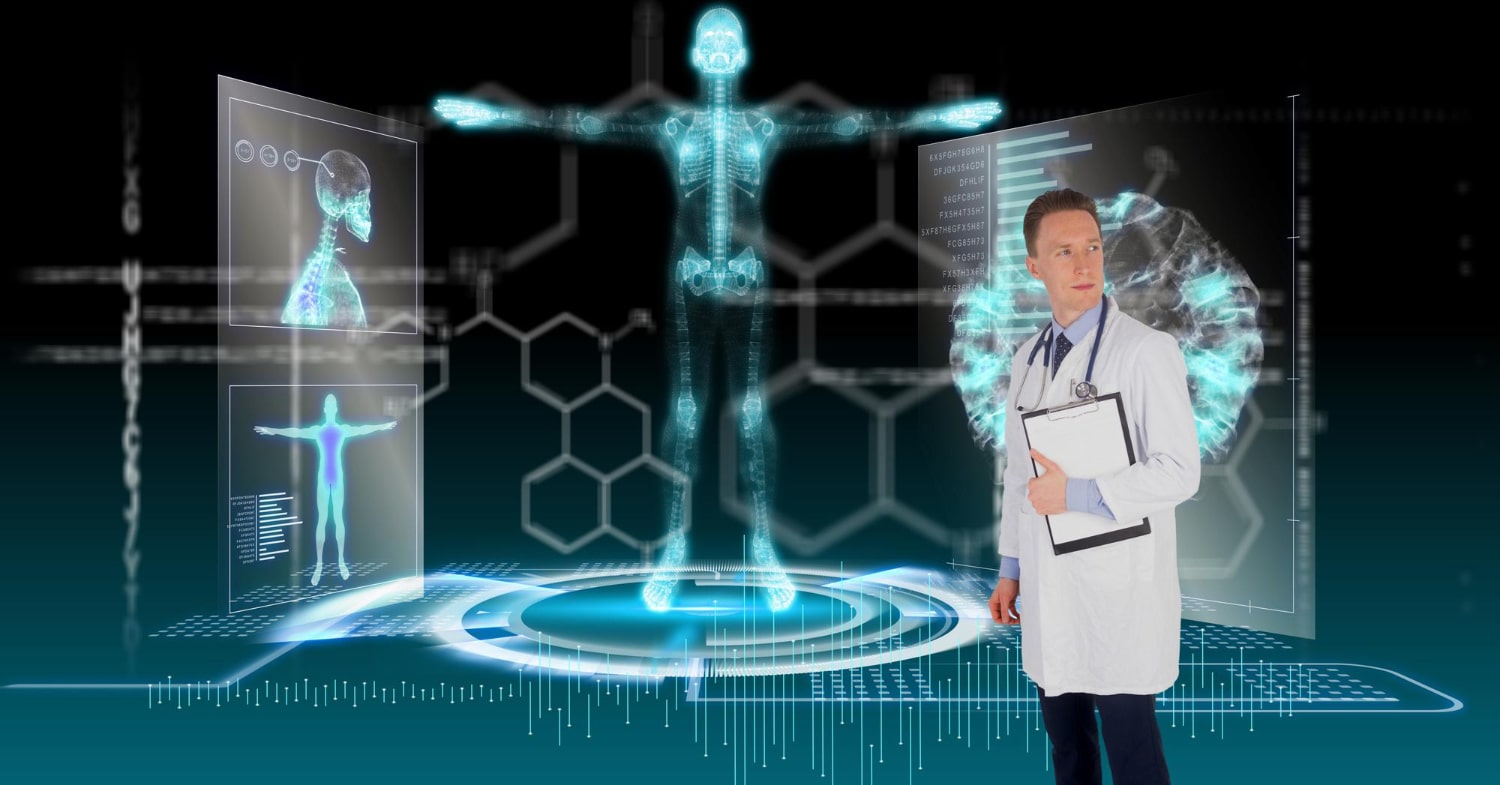
Charting the Future: Autologous Exosome Isolation and Its Impact on Personalized Medicine
Moreover, the precision of autologous exosome therapies holds immense promise for the management of chronic conditions, autoimmune diseases, and genetic disorders. By tailoring treatments to address the specific molecular mechanisms underlying each patient’s condition, these therapies aim to not only alleviate symptoms but also to rectify the root causes of diseases.
As we venture further into the future, the integration of advanced diagnostics, artificial intelligence, and machine learning with autologous exosome isolation will further refine our ability to customize treatments. This synergy will enable clinicians to predict more accurately which treatments will be most effective for each patient, thereby enhancing treatment outcomes and patient satisfaction.
In summary, the trajectory of autologous exosome isolation as a cornerstone of personalized medicine is set to redefine our approach to healthcare. By prioritizing the individual’s unique biological blueprint, it ushers in a new age of medicine—one that is more effective, less invasive, and aligned with the intrinsic healing capacities of the human body. This evolution towards personalized medical solutions not only promises improved health outcomes but also signifies a more compassionate and understanding healthcare system that respects the individuality of each patient.
FAQs About Autologous Exosome Isolation
Is it safe?
How effective is it?
Where can I get this treatment?
What conditions can be treated with autologous exosome therapy?
How long does it take to see results?
Are there any side effects?
How is the treatment administered?
Conclusion
The advent of autologous exosome isolation marks a pivotal moment in the evolution of healthcare. Setting the stage for a future where treatments are not only tailored to the individual’s genetic makeup. But also harness the body’s inherent healing capabilities. This innovative approach stands at the forefront of medical science. Offering a beacon of hope for those seeking alternatives to traditional therapies that are often fraught with side effects and limitations.
As we navigate this exciting frontier, the importance of staying informed cannot be overstated. The landscape of exosome research and therapy is rapidly evolving, with new discoveries and advancements emerging at an unprecedented pace. For patients, this means exploring the potential of exosome therapies as a part of their treatment plans. Armed with the latest information and guided by the expertise of healthcare professionals. For practitioners, it presents an opportunity to delve into the science of exosomes. Expanding their therapeutic toolkit and contributing to the advancement of personalized medicine.
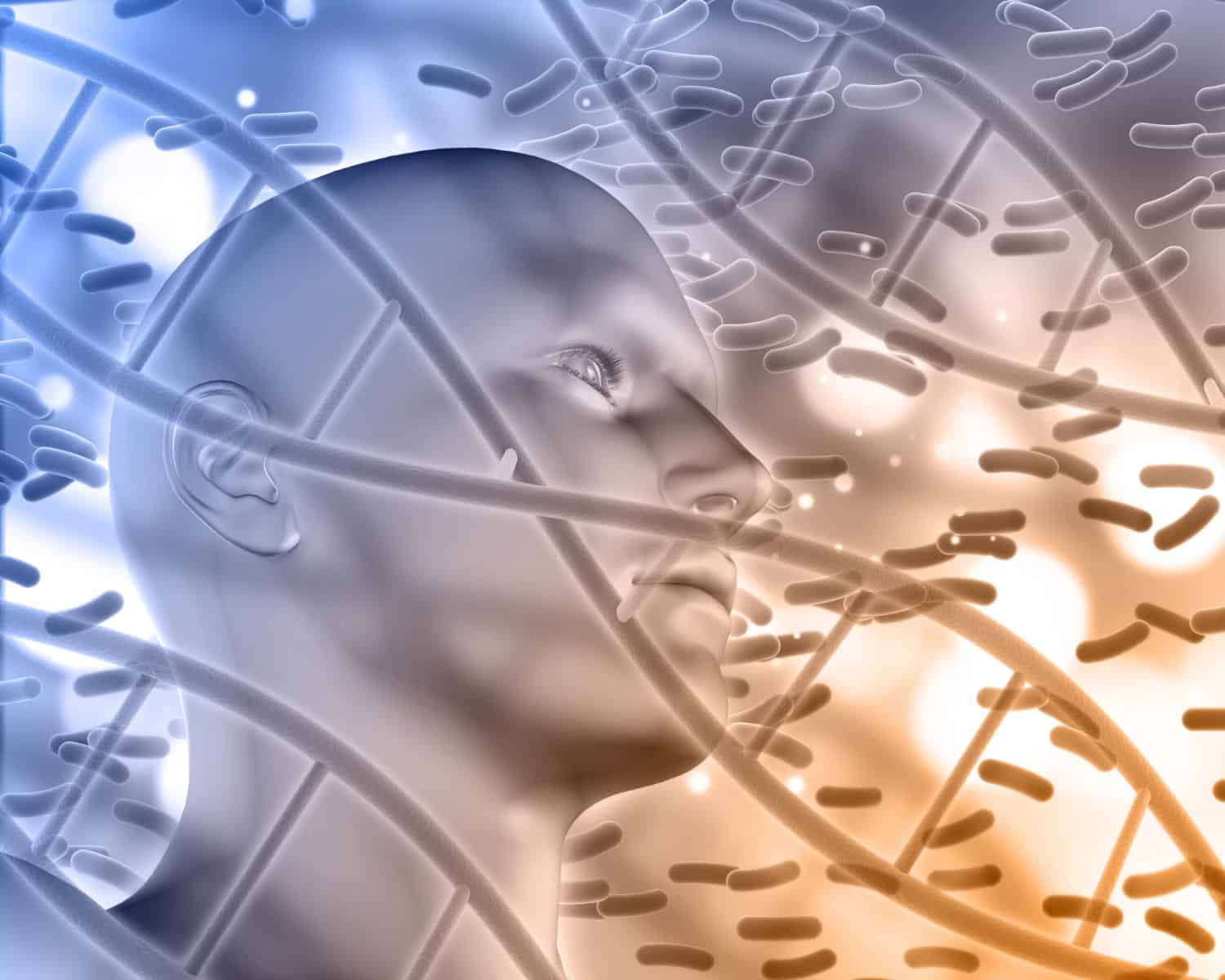
The Transformative Power of Autologous Exosome Isolation in Modern Healthcare
The journey into the world of autologous exosome isolation is not just about embracing new treatments. It’s about reimagining the future of healthcare—a future where the key to healing and rejuvenation lies within our own biological systems. As we stand on the threshold of this medical revolution, let’s unite in our curiosity and commitment to innovation, charting a path toward a healthier, more personalized approach to medicine. Together, we can unlock the immense potential of autologous exosome therapy. Paving the way for a new era of medical care that is more natural, less invasive, and profoundly personalized.

